The last Brahmin is a work of reflection as well as the intellectual quasi-autobiography of a modern-day pandit. Written by a school teacher of Sanskrit, it shows living facets of the ancient brahminical tradition its spread over long time periods, its forms and transformations, its implications for the Indian subcontinent. A philosophical critique of tradition, the last Brahmin is also the story of the difficulty of finding alternatives to that tradition today. The Brahmin at the centre of this tale faces difficult and even adversarial conditions for the sake of learning, scholarship, and the rigours of pedagogical bonding. His sons whom he considers apostates represent to him the pain of discontinuity of the tradition in which he believes. Their disinheritance throws up interesting questions: what are the conditions and consequences of such inheritance? This book becomes the poignant articulation of a Brahmin and anti Brahmin view of such questions.
Its critical unraveling of the Sanskrit tradition sets The last Brahmin apart from the disciplinary frames of Idology on the one hand, and partisanal Hindu ideologies on the other. While opposing orientalist knowledge on India, the Brahmin protagonist also distances himself from modern forms of Hinduism. It would be difficult to find a more fascinating personal history of Vedic Brahminism persisting into modern times, or a more conservatively radical critique of contemporary Hindu practices.

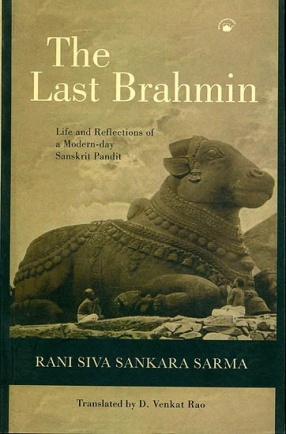
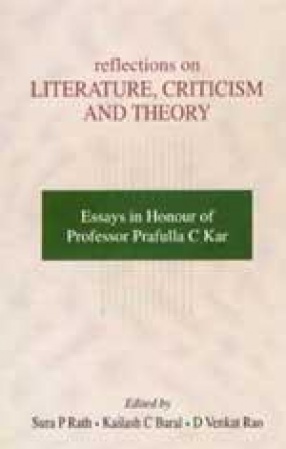
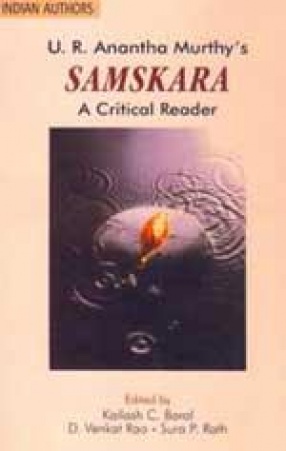
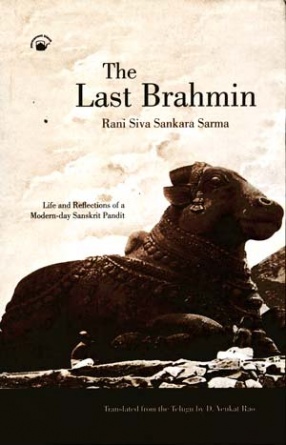
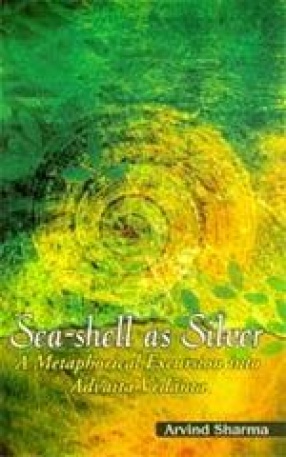
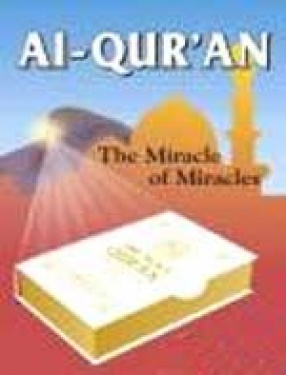
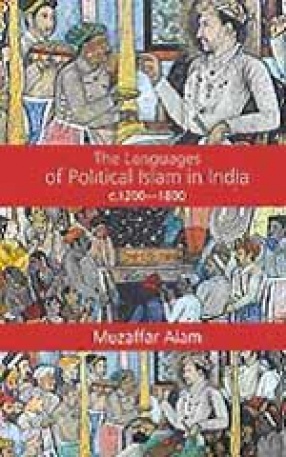
There are no reviews yet.